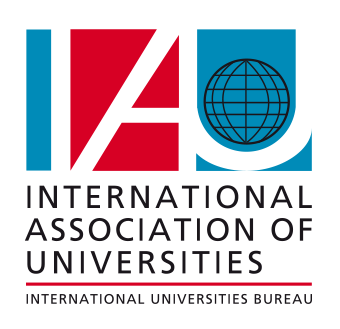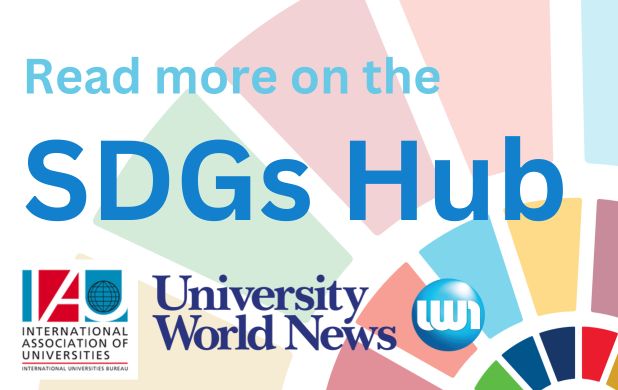Online Public Lecture Series: What Do Scientists Do? - Indigenous Crops and the Alleviation of Hunger
As the latest presenter in the popular “What Do Scientists Do” series hosted online by UKZN’s College of Agriculture, Engineering and Science, food security specialist, Professor Tafadzwa Mabhaudhi discussed how increasing the production of indigenous crops could aid in the alleviation of hunger.
Mabhaudhi is an Honorary Research Fellow and Co-Director of the Centre for Transformative Agricultural and Food Systems (CTAFS) at UKZN, and an Honorary Professor at the University of Nottingham Malaysia.
Mabhaudhi’s work entails research development, capacity building, civil society, academia, the public and private sectors as well as building partnerships with various communities. The water-energy-food nexus, global environmental change as well as sustainable and resilient food systems are the subjects of his multidisciplinary and transdisciplinary research. His objective is to conduct dynamic, transformative research and development that has real-world effects on poor communities and informs policy.
During his presentation, Mabhaudhi suggested a variety of indigenous crops that can be consumed as alternatives to the three mainstream carbohydrate crops, namely maize, wheat and rice. He spoke about the nutritional benefits of these plants, their ability to withstand climate change, their abundance in different nutrients, vitamins and minerals, and the fact that some of them are gluten-free.
More Information
To read more about Professor Mabhaudhi's presentation, check out the press release from the event or the highlights from the rest of the lecture series.



